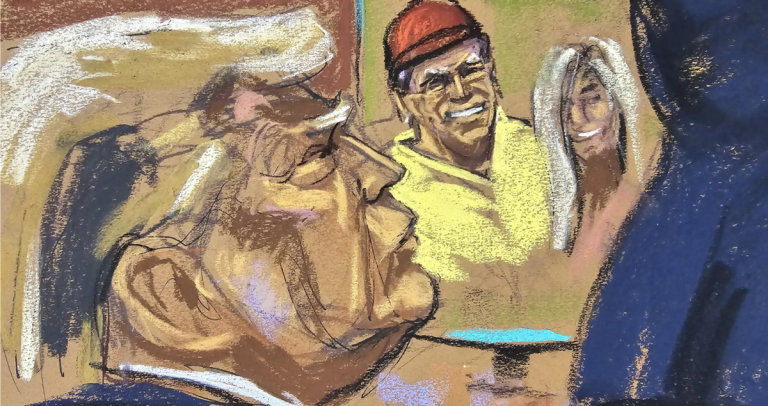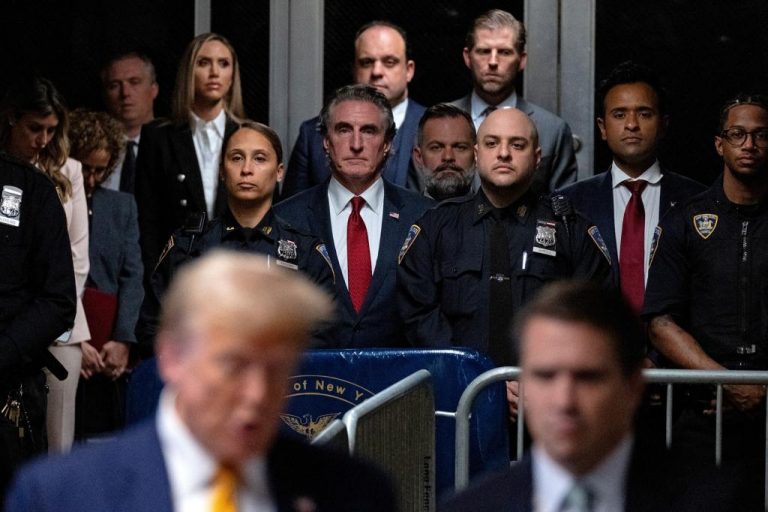He disliked our politicians
Thomas Matthew Crooks, a former student, once mocked a classmate for supporting Trump during the 2016 election, stating, “He did not like our politicians.” The incident sheds light on the divide and hostility present in political discourse, even within educational settings.
It is not uncommon for political differences to spark tension and conflict among individuals, whether they are students in a classroom or adults in a workplace. In this case, Crooks’ derogatory remarks towards his classmate for expressing support for Trump highlight the need for respectful dialogue and the importance of understanding differing perspectives.
The incident serves as a reminder of the impact of political polarization on interpersonal relationships and the overall social climate. As the political landscape continues to evolve, it is essential for individuals to engage in constructive conversations and cultivate empathy towards those with opposing views.
Furthermore, Crooks’ behavior towards his classmate raises questions about the role of education in promoting tolerance, respect, and open-mindedness. Schools and educational institutions play a crucial role in shaping the attitudes and beliefs of future generations, emphasizing the need for inclusivity and understanding.
By fostering a culture of dialogue and mutual respect, educators can help students navigate complex issues and learn to engage with diverse perspectives in a constructive manner. Teaching students to listen actively, critically analyze information, and communicate effectively are essential skills that can contribute to a more harmonious society.
In light of this incident, it is vital for individuals to reflect on their own biases and prejudices and consider the impact of their words and actions on others. Respectful communication, empathy, and a willingness to engage in meaningful discussions are key components of promoting a culture of understanding and unity.
As we navigate a rapidly changing world with diverse opinions and beliefs, it is crucial to approach political discourse with an open heart and mind. Instead of resorting to hostility and division, let us seek common ground, build bridges of understanding, and work towards a more cohesive and tolerant society.
Ultimately, the story of Thomas Matthew Crooks serves as a cautionary tale about the dangers of intolerance and disrespect in political discourse. By learning from this incident and committing to respectful and empathetic communication, we can strive towards a more inclusive and compassionate future for all.








